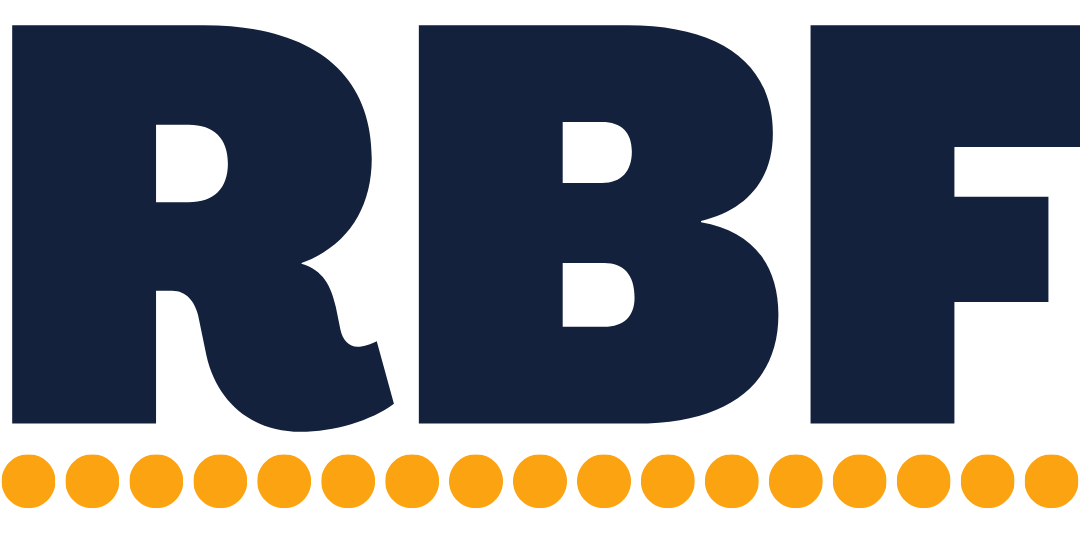Strategic budgeting (for people that don’t do math)
I won an award 😊🎉 (and I’m gonna brag about it for the next few weeks 😋) – CPA Practice Advisor 40 under 40
It’s budgeting season! Megacorps and startups everywhere are building out their annual budgets to allocate funds, get all the departments on the same page, and make sure they don’t overspend. Now, that type of draconian, departmental budget makes sense in big businesses and funded startups with their large management teams or limited venture funds. It probably doesn’t make sense for your agency tho. You probably aren’t referencing financials before spending, the management team is much smaller (or is just you), you don’t need to protect your precious runway, and you need the flexibility to iterate and grow.
But, there’s still a place for budgeting in your agency. Instead of budgeting to control your finances, we can budget as a way to review your strategy. Budgeting can help us think thru our business plans from a financial perspective, make sure it’s possible, and clarify what exactly we’d need to do. Then, from there, we can create more realistic quarterly targets and action items to actually achieve those business goals.
Should you roll forward your Profit & Loss into a rough budget?:
The easiest budget is the good ol ‘just add 10%’ style of incremental budget. That simplicity makes it sorta attractive. Why spend an afternoon spinning a strategic plan into a budget when you can just add 10% to your Profit & Loss? Because, that’s a budget in name only and is worthless. It doesn’t help you think thru your strategy or plans for next year. And, it doesn’t account for nonlinear growth or external factors (like, for example, a shaky economy due to supply chain issues, mass layoffs, and above-average inflation).
That said – while you shouldn’t blindly add 10% to this year’s Profit & Loss and call it a job well done, you can use it as a starting point, which you’ll then make thoughtful adjustments to. After all, your Profit & Loss is a representation of the current state of your business and a budget is a continuation from that point. Plus, building a business budget from scratch is entirely unreasonable for someone without a strong finance background (and, would probably still be a waste of time even if you had one).
Accept that it will be wrong :
Our goal with a strategic budget is to think thru our strategy, make sure it’s feasible, and have smart thoughts. We’re not trying to create a super granular financial report. It’s alright if we gloss over certain expenses (like postage) and get others wrong (like office supplies). They don’t matter in the grand scheme of things (in accounting, we’d call them ‘immaterial’). Focus on the important things, like revenue, the five major expenses (eg, talent, rent, tech, taxes, and owner’s distributions), and all their sub-components. The rest just needs to be close enough.
Pick a main strategic goal and walk thru the outcomes:
We’re going to pick one, main goal and ask ‘how would this impact my numbers?’ We’ll first apply that to revenue then move on to the 5 major expenses (and all their subcomponents), asking thoughtful questions along the way.
For example, let’s say you’re a small marketing agency at $1,000,000 gross revenue and you want to scale up to $1,500,000.
Revenue: How would this goal impact my revenue? In this example, your new revenue would be $1,500,000. Simple enough. But, take it a step further. How many clients would you need? How many hours of billable (and admin) time would that require?
Talent: How would this goal impact my talent needs? How many employees, contractors, and admin would we need to fulfill everything? Then, how much would that cost (including their payroll taxes*, benefits, and additional software seats)? [note: you can estimate payroll taxes as 8% of employee comp]
Rent: How would this goal impact my rent needs? Would we have to expand into a new space? How much might that cost? Or, would we downsize and go remote?
Tech: How would this goal impact my tech needs? Would we need more user seats? Would we need a more robust tech stack? Would scaling bump us up a software tier? How much would that cost? [note: some software have user maximums on each tier. Adding more users could cause a significant bump in price.]
Taxes: How would this goal impact my taxes? Will I need additional tax planning with my accountant? How much extra should I save?
Owner’s compensation: How would this goal impact my compensation? Would I increase my compensation as profit goes up? Or, if profit has to go down to make this strategy work, could I personally afford that reduction?
Save this budget:
While this isn’t a strict spending budget and you won’t need to reference it before making purchasing decisions, your strategic budget will still come in handy throughout the year. You can reference it during regular reviews to make sure you’re on track. Then, you can reference it again during next year’s annual planning to review your assumptions. And, if at any point, you aren’t on track or your assumptions were wrong, figure out what else that may mean, how your budget will be impacted, and try to learn whyyy your assumptions were wrong.
💪 What we do at Resting Business Face 😤
🚀 Finance Partner: Forecast the next 12+ months, improve your cash flow, and work closely with yours truly.
🤓 Hands-off Consulting: Annual forecasting and quarterly calls when you need just a touch of guidance.
🏛️ Tax Essentials: Taxes, accounting, and payroll to keep your business on the IRS's good side.
